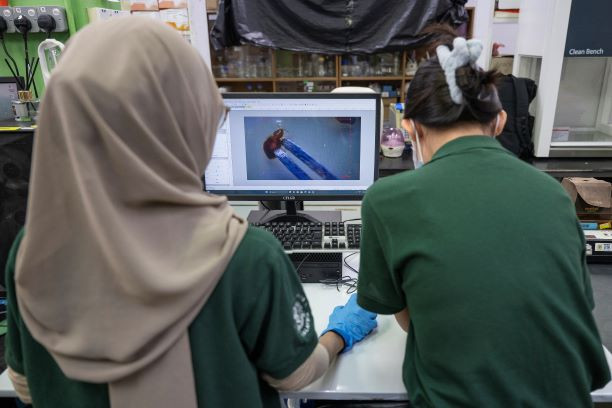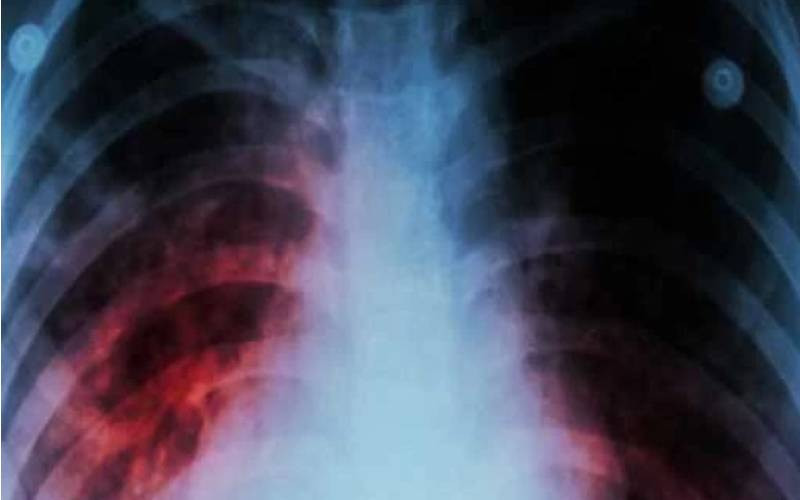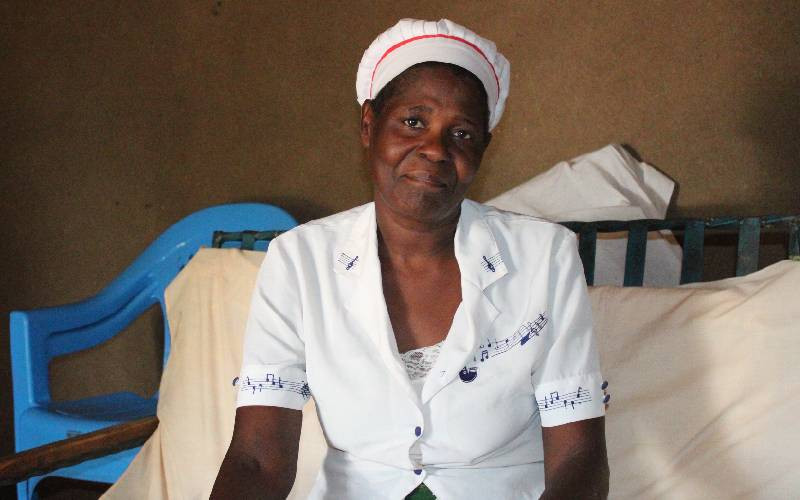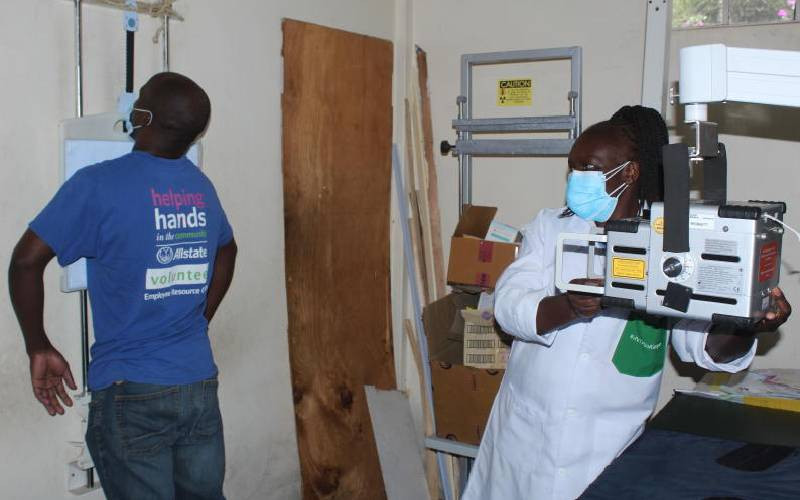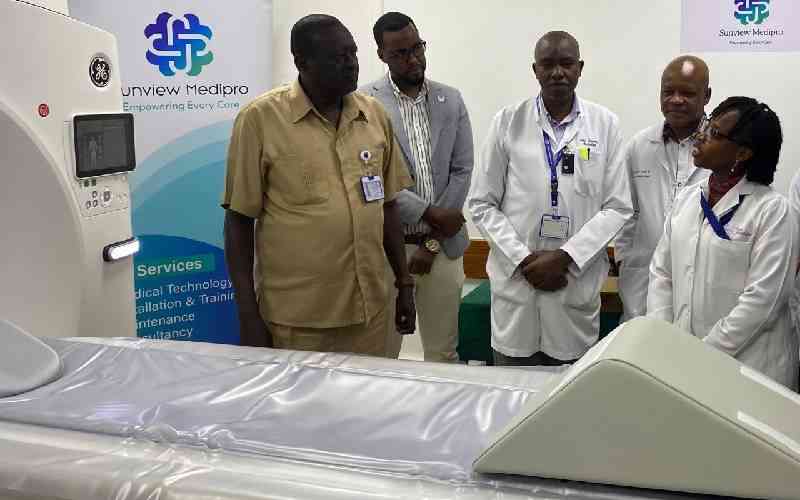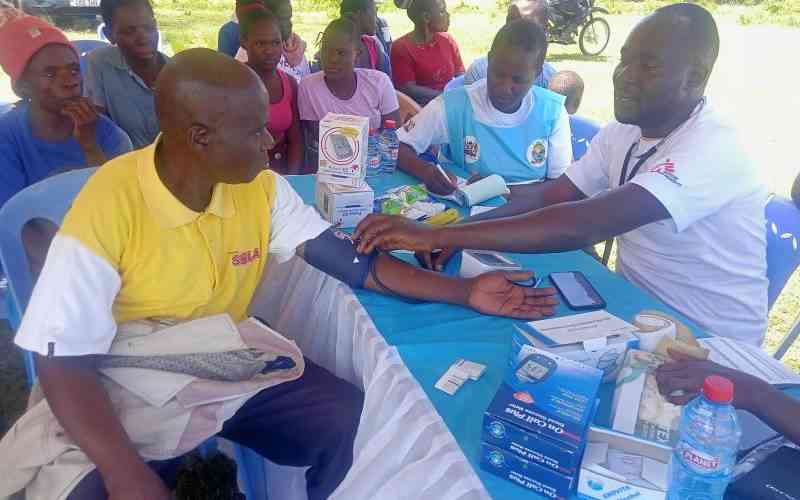
Progress in the battle against non-communicable diseases like heart disease and cancer, which are the leading cause of death globally, has slowed considerably since 2020, the World Health Organization warned Thursday.
The UN health agency stressed in a new report that even small increases in investments could save millions of lives and yield up to $1 trillion in economic benefit.
In its report "Saving lives, spending less", WHO highlighted that NCDs, which are often preventable and caused by an unhealthy lifestyle or living conditions, kill 43 million people every year, including 18 million under the age of 70.
Hundreds of millions more people live with at least one NCD, which can dramatically reduce their quality of life and life expectancy, and more than one billion people live with mental health conditions, it said.
WHO noted that nearly all countries made progress between 2010 and 2019 in reducing the burden of NCDs, which include cardiovascular diseases, cancers, chronic respiratory diseases and diabetes.
But since then, "the rate of progress has slowed significantly across most regions", it said.
The report explained that "the wider global health landscape is shifting", pointing to how "development assistance for health is declining, many countries are grappling with rising debt and economic headwinds, and geopolitical uncertainty is reshaping priorities".
- Trump pulls US from World Health pandemic reforms
- Epidemic in slow motion: Experts sound alarm over rise in NCDs deaths
- You love chips-kuku? Well, the government is coming for you
- Majority of Kenyans suffering from undetected diseases, experts warn
Keep Reading
It pointed out that nearly 75 percent of global deaths related to NCDs and mental health conditions were already occurring in low and middle-income countries, many of which were facing particular hurdles in sustaining health investments.
"Non-communicable diseases and mental health conditions are silent killers, robbing us of lives and innovation," WHO chief Tedros Adhanom Ghebreyesus said in a statement, insisting the world had "the tools to save lives and reduce suffering".
Solutions to tackle NCDs and promote mental health are both affordable and cost-effective, WHO said.
Scaling up high-impact interventions like tobacco and alcohol taxation, protecting children from harmful marketing and managing hypertension, would cost only $3 per person per year on average, it maintained, stressing the return on investment would be "substantial".
"By 2030, full implementation could save 12 million lives, prevent 28 million heart attacks and strokes, add 150 million healthy life years, and generate over $1 trillion in economic benefits."
"Investing in the fight against NCDs isn't just smart economics -- it's an urgent necessity for thriving societies," Tedros said.
 The Standard Group Plc is a multi-media organization with investments in media
platforms spanning newspaper print
operations, television, radio broadcasting, digital and online services. The
Standard Group is recognized as a
leading multi-media house in Kenya with a key influence in matters of national
and international interest.
The Standard Group Plc is a multi-media organization with investments in media
platforms spanning newspaper print
operations, television, radio broadcasting, digital and online services. The
Standard Group is recognized as a
leading multi-media house in Kenya with a key influence in matters of national
and international interest.

